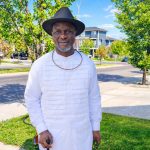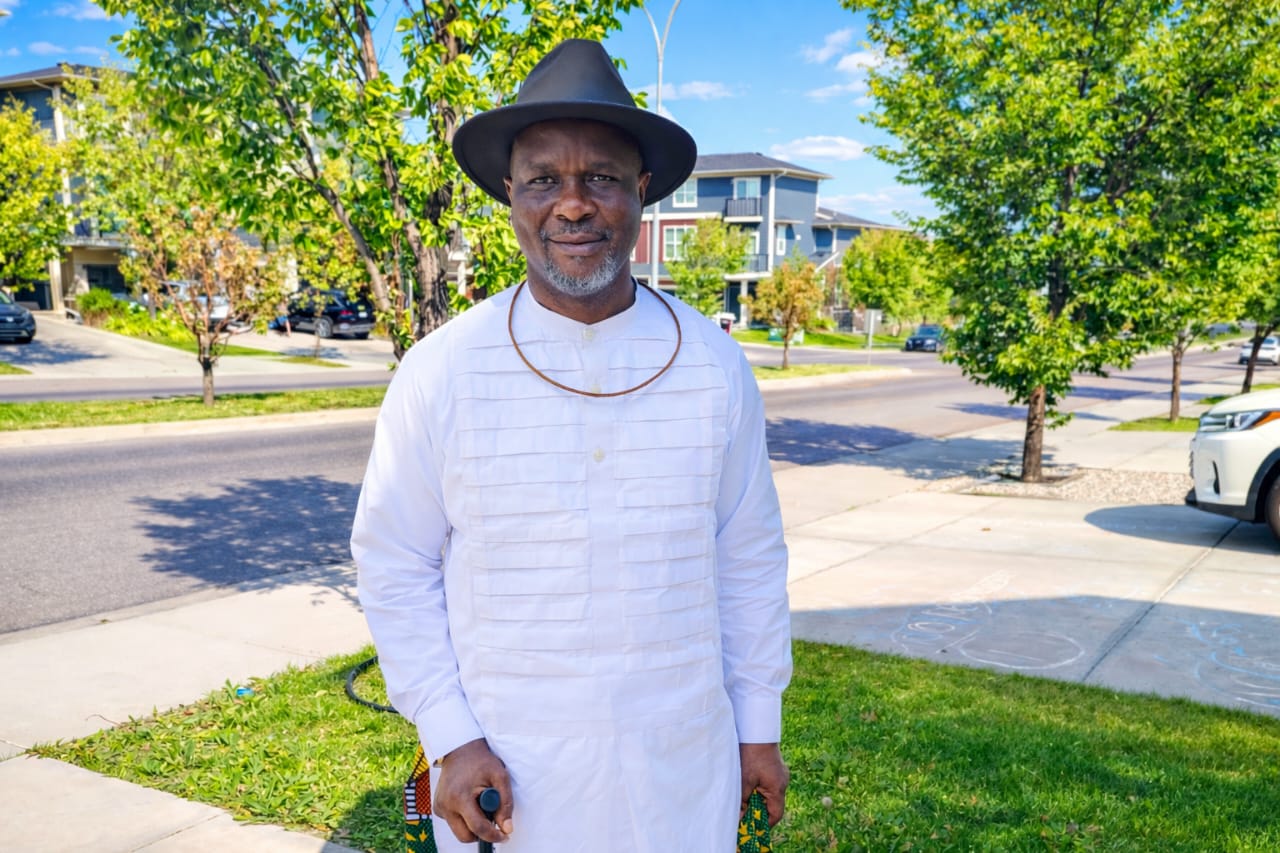Peace Under Siege: Rising Thuggery and Gang Violence in Kano – AIG Salisu Fagge (Rtd)
Kano, a historic city known for its rich culture and commerce, is facing a troubling surge in gang-related violence, particularly from youth gangs known as “Yan Daba.”
These gangs, driven by factors such as poverty, unemployment, drug abuse, and political manipulation, are active in areas like Kurna, Dorayi, and Fagge, engaging in crimes like street fights, robbery, and extortion.
Despite the growing threat, the Kano Police Command has launched proactive measures to tackle the crisis, showing a renewed commitment to restoring safety and order.
The Command, under the leadership of the former Commissioner of Police, CP Mohammed Usaini Gumel, has launched coordinated operations targeting known hideouts of Yan Daba.
These raids, often carried out in the early hours of the morning, have led to the arrest of scores of suspects involved in street violence, drug trafficking, and illegal possession of weapons.
For example, in recent months, several operations carried out by the Police in areas like Kurna, Dorayi, Rijiyar Lemo, and Hotoro resulted in the recovery of dangerous weapons, including machetes, knives, and locally made firearms.
To boost visibility and rapid response, the command deployed tactical units such as Operation Puff Adder, Anti-Daba Squad, and Mobile Police Force (MOPOL) detachments.
These teams conduct round-the-clock patrols in volatile areas, particularly during weekends and at night when gang clashes often occur. This presence acts as a deterrent and helps restore public confidence.
The Police embraced community policing as a strategy to bridge the trust gap with residents. By collaborating with traditional rulers, religious leaders, and local vigilante groups, the police receive actionable intelligence to prevent attacks before they occur.
The Command frequently held town hall meetings with community stakeholders and youth groups to promote dialogue, peacebuilding, and information sharing.
Recognizing that enforcement alone is not enough, the police command partnered with the Kano State Government and civil society organizations to identify repentant gang members willing to renounce violence.
Some of these youths have been enrolled in vocational training or provided with startup capital as part of a soft-landing approach to reintegrate them into society.
Arrested suspects are not just detained; they are prosecuted swiftly under relevant sections of the Kano State Penal Code and the Administration of Criminal Justice Law.
The police routinely issue press briefings to send a strong message of deterrence.
The command has also scaled up its intelligence-gathering capabilities by strengthening the Criminal Investigation Department (CID) and using technology and informants to map gang networks and prevent planned attacks.
The Kano State Police Command is demonstrating a multi-pronged strategy, including enforcement, community engagement, rehabilitation, and intelligence, to address the menace of Yan Daba.
While these efforts are commendable, sustained success will require deeper inter-agency cooperation, political will, and continued investment in youth empowerment and public awareness.
Security, after all, is a shared responsibility, and only through joint efforts can the peace and prosperity of Kano be safeguarded for all.
Kano’s state government, under Governor Yusuf, is pursuing a multi-pronged strategy to uproot Yan Daba, from Operation Safe Corridor and the Peace Committee to forceful messaging and empowerment schemes.
These efforts are designed to restore security, tackle underlying youth distress, and disrupt the cycle of political gangsterism.
The state strategy against thuggery is a combination of hard power (security deployments and legal action) with soft power (rehabilitation, youth empowerment, and community engagement).
It is a promising model, though not without challenges, that acknowledges the need to cure not just the symptoms of violence but its root causes.
The consequences of unchecked gang violence are severe. Residents live in fear, businesses close early, and investors avoid affected areas.
Petty traders, artisans, and transport workers are routinely harassed or extorted. Nightlife and youth productivity have dwindled in many communities. In some cases, children are recruited into these gangs, perpetuating the cycle.
The security agencies are overstretched, with local police posts frequently targeted in reprisal attacks.
Hospitals have reported increased cases of knife injuries and trauma from gang violence. This undermines efforts to promote peace, education, and development.
The Nigerian Constitution under Section 14(2) (b) affirms that “the security and welfare of the people shall be the primary purpose of government.”
Furthermore, under the Criminal Code Act (Sections 62, 64, and 516) and Penal Code (for Northern Nigeria), criminal conspiracy, armed robbery, assault, and unlawful assembly are clearly punishable offences.
Laws such as the Anti-Cultism and Gang Violence Laws, adopted in some states, can also be adapted for Kano, providing a legal framework to disrupt gang activities, prosecute offenders, and rehabilitate repentant youth.
Several Nigerian states have faced similar challenges. For instance, Lagos State experienced high levels of gang violence, particularly from groups like One Million Boys.
The state responded with robust community policing, task force operations, and social re-orientation programs like Lagos State Employment Trust Fund and ReadySetWork, which helped redirect youths to productive ventures.
Rivers State, under its anti-cultism drive, launched amnesty programs targeting cultists and provided them with vocational training and reintegration opportunities.
Benue and Cross River States also battled youth gangs and responded with combined military-police operations alongside youth development programs.
These examples show that enforcement must be paired with social intervention and dialogue.
Pathways to Peace and Stability in Kano
Community Policing and Intelligence Gathering: Strengthen collaboration between security agencies and local communities to detect and disrupt gang operations early.
Youth Engagement and Empowerment: Create skill acquisition centres, sports initiatives, and entrepreneurial funding to give young people alternatives to violence.
Legislation and Enforcement: Introduce state-level laws targeting gang formation, illegal possession of weapons, and drug trafficking.
De-radicalization and Reintegration: Establish programs to rehabilitate and reintegrate former gang members through psychological support and mentorship.
Political Neutrality: Politicians must desist from using thugs for electoral gain. Security agencies should hold political sponsors accountable under the law.
Community and Faith-Based Initiatives: Leverage the influence of clerics, traditional rulers, and civil society organizations to preach peace, tolerance, and lawful behavior.
The rise in thuggery and gang conflicts in Kano is a wake-up call for stakeholders at all levels.
It reflects a broader social challenge that demands both short-term enforcement and long-term societal investment.
By adopting a balanced approach, rooted in law, compassion, and strategic intervention, Kano can reclaim its reputation as a hub of peace, learning, and economic vitality.
Addressing this menace today is not just about restoring order; it is about securing the future of a generation.
AIG Fagge (Rtd) is the Executive Chairman of VigiLink, a corporate security outfit in Kano










